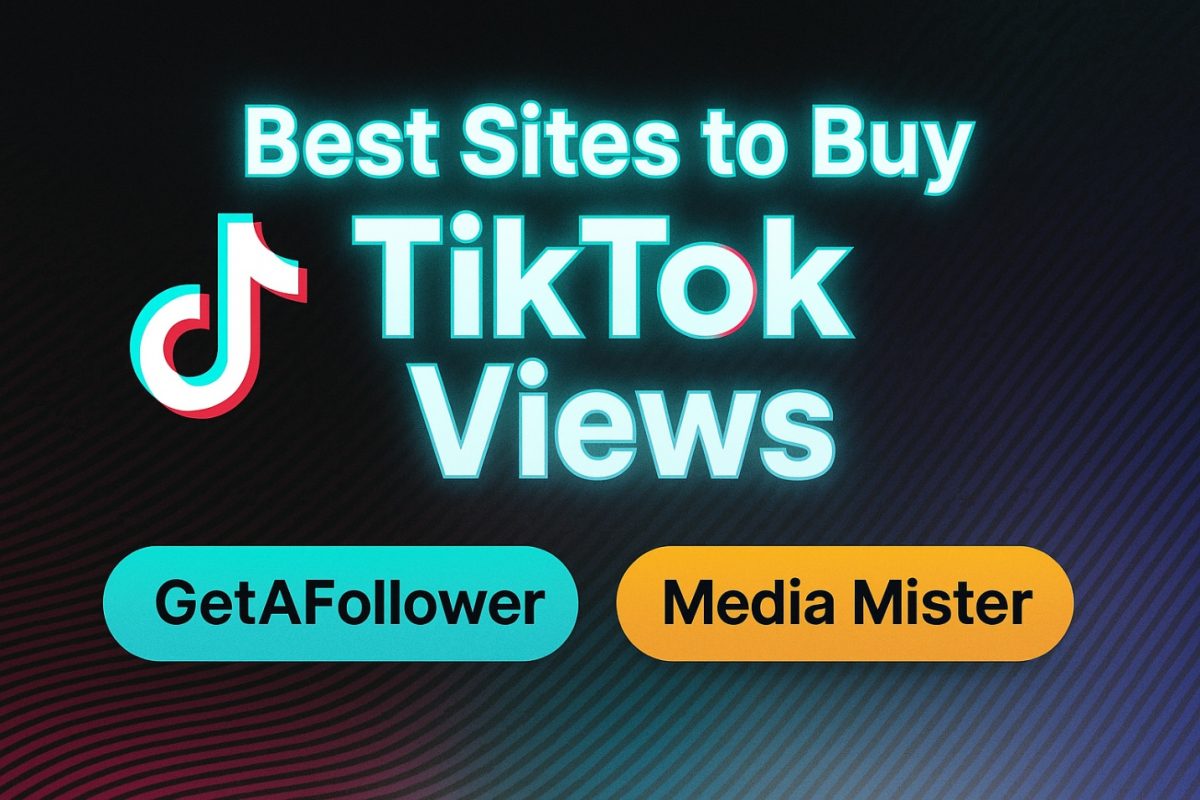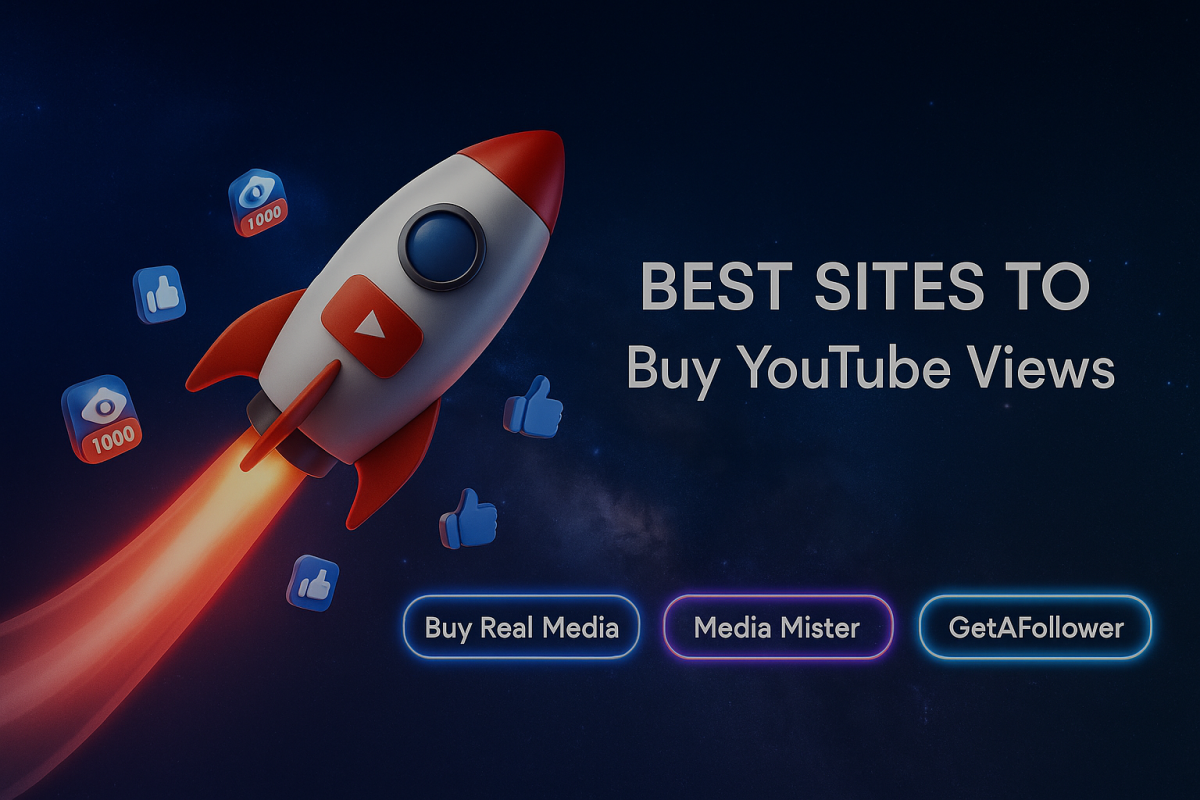The gig economy, characterized by short-term, flexible jobs typically mediated by digital platforms, has seen significant growth in recent years. This sector encompasses a range of freelance and contractual work, facilitated by technology that connects workers with tasks. Token utility, derived from blockchain technology, offers a promising enhancement to this model. By embedding tokens—digital assets with specific uses—into gig systems, the efficiency, security, and appeal of gig work can be greatly improved. For those seeking to maximize their understanding of such innovations and avoid missing out on potential gains, Immediate Relpax, an investment education firm, can provide valuable insights and guidance.
The Evolution of the Gig Economy
Initially driven by technology’s ability to connect people and tasks efficiently, the gig economy has evolved from informal labor markets into a significant economic sector. Platforms like Uber, Upwork, and Fiverr have become central to this space. Currently, trends such as remote work and digital nomadism further propel its growth. The integration of blockchain technology and token utility presents an opportunity to address existing limitations and push the gig economy into a new era of transparency and efficiency.
Understanding Token Utility
Token utility refers to the functional use of tokens within a blockchain ecosystem. Unlike security tokens that represent ownership of assets, utility tokens provide access to a product or service. For example, a token might be used to pay for services, gain access to platform features, or participate in governance decisions.
Tokens operate on blockchain networks like Ethereum, where they can facilitate transactions in a decentralized manner, reducing reliance on traditional banking systems and intermediaries. This can lead to faster transactions, lower fees, and enhanced security for users.
How Tokens Are Revolutionizing Gig Work
Streamlined Payments
One of the most immediate benefits of token utility in the gig economy is the facilitation of payments. Traditional payment systems often involve delays and high transaction fees. Tokens, being digital and decentralized, can enable instant payments across borders with minimal fees. For example, a freelancer in one country can receive payment from a client in another without the delays and costs associated with currency conversion and banking intermediaries.
Access to Services
Tokens can also be used to access services within gig platforms. For instance, users might need to hold or spend a specific token to unlock premium features, such as enhanced visibility or additional tools for managing projects. This creates a direct economic incentive for engagement and can lead to a more dynamic and responsive platform ecosystem.
Incentives and Rewards
Tokens offer a novel way to incentivize and reward gig workers. Platforms can use tokens to provide bonuses for high performance or successful referrals. This creates a direct alignment between the interests of the platform and its users, encouraging better performance and loyalty. Tokens can also be used to create reward systems that are transparent and easily trackable on the blockchain.
Challenges and Considerations
Regulatory Issues
Token utility in the gig economy is not without its challenges. Regulatory frameworks around digital tokens and cryptocurrencies are still evolving. Governments worldwide are grappling with how to regulate tokens without stifling innovation. Gig platforms must navigate these complex regulations to ensure compliance while leveraging tokens for their benefits.
Security Concerns
While blockchain technology offers enhanced security, it is not immune to risks. The decentralization of tokens means that security vulnerabilities in smart contracts or exchanges can pose significant risks. Ensuring robust security measures and educating users about potential risks is crucial for maintaining trust in token-based systems.
Adoption Barriers
Adopting tokens in the gig economy requires overcoming barriers such as user education and technological integration. Many gig workers and platform operators may be unfamiliar with blockchain technology and tokens. Effective onboarding processes and user-friendly interfaces are essential to drive widespread adoption.
Future Outlook
The future of token utility in the gig economy appears promising. Innovations in blockchain technology, such as layer-2 scaling solutions and improved smart contract capabilities, will likely enhance the efficiency and scalability of token-based systems. As regulatory clarity improves and adoption increases, tokens could become a standard feature of gig platforms, offering new ways to streamline operations and engage users.
Conclusion
Token utility presents a transformative opportunity for the gig economy, enhancing payment systems, access to services, and reward mechanisms. While challenges remain, particularly in terms of regulation and security, the potential benefits are substantial. By integrating tokens into gig platforms, the industry can move towards a more efficient, transparent, and rewarding ecosystem.






























































































































